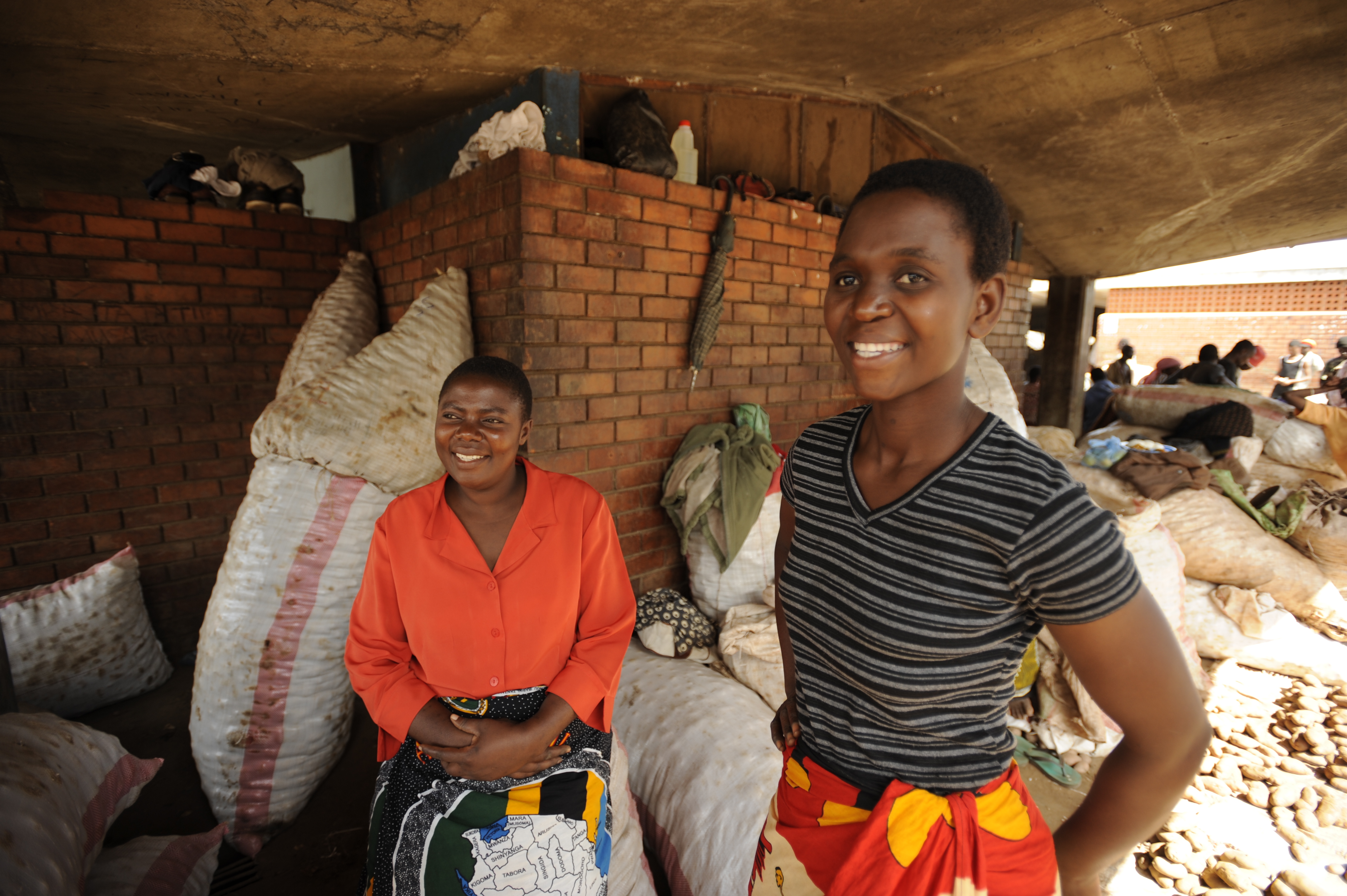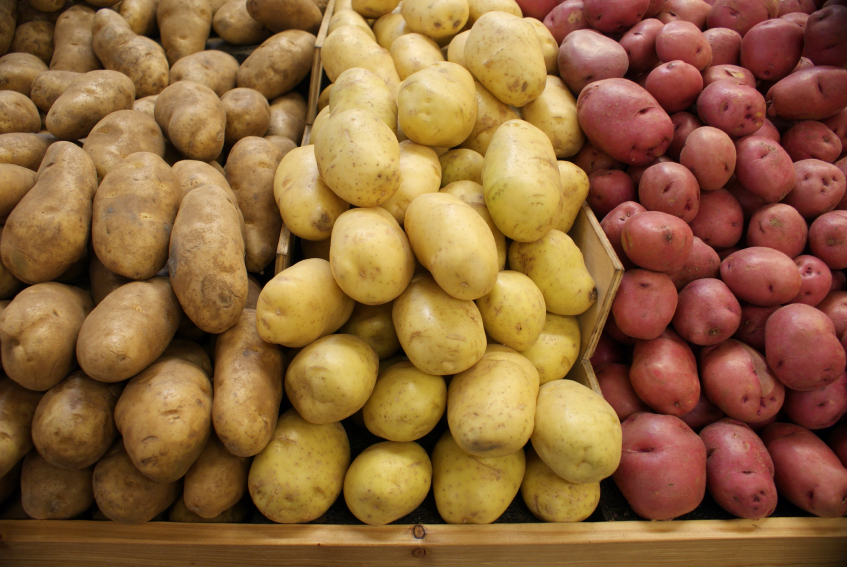Cynthia Greenwood
Consultant
Opportunity International
Microfinance is one of the great success stories in the developing world in the last 30 years. Simply put, it is the provision of financial services such as loans, savings, insurance, and training to people living in extreme poverty. Microfinance is widely recognized as a just and sustainable solution in alleviating global poverty.
The industry began by providing small loans to emerging entrepreneurs to start or expand businesses. Opportunity International was one of the first nonprofit organizations to recognize the benefits of providing capital to people struggling to work their way out of poverty. Over the years, with Opportunity leading the way, the microfinance sector has  expanded its financial service offerings to better meet client needs. Along with providing more flexible loan products and business and personal development training, Opportunity offers savings and insurance to help clients effectively navigate the daily hardships they face. Without these services, clients are continually at risk of slipping back into poverty because of unforeseen circumstances.
expanded its financial service offerings to better meet client needs. Along with providing more flexible loan products and business and personal development training, Opportunity offers savings and insurance to help clients effectively navigate the daily hardships they face. Without these services, clients are continually at risk of slipping back into poverty because of unforeseen circumstances.
Microfinance organizations make it a priority to serve the particular needs of women. That’s because a staggering 70 percent of all those living in extreme poverty are female. Women are often excluded from education and the workplace, from owning property, and from equal participation in politics. They produce one half of the world’s food, but own just one percent of its farmland. Opportunity believes the most effective way to interrupt cycles of extreme poverty comes from microfinance programs that target female entrepreneurs. Nearly 85 percent of Opportunity’s loan clients are women. When women improve their circumstances, they also improve the lives of their children. They invest in nutrition and education, helping to create a better future for their children.
For example, look at the life of Opportunity client, Grace Msowoya. In Blantyre, Malawi, she and her business partner, Betty Louhana, stand out from all the dozens of women who sell potatoes in the marketplace. Frustrated by their small profit margins, they became the first women to take the bold move of becoming distributors themselves. Every two weeks, they withdraw money from their Opportunity savings account to rent a truck. They hire a driver and spend several days on the road to get potatoes directly from farmers, which they then sell to other vendors.
Before Grace became an Opportunity client in 2007, she kept her hard-earned money in her home. Now, she and Betty are earning interest on nearly $2,000 in a joint savings account. With her biometric-enabled card, she can safely deposit and easily access her money at the Opportunity banking kiosk, just 100 meters from her business.
Grace and Betty’s courage has paid off. They have dramatically increased profits and redefined the place of women in the local market. And Grace has already made great strides in a short time as an Opportunity client. She has earned enough money to move her family from two small rooms to a two-bedroom home and to send all three of her children to school.
 Despite the success of life-transforming microfinance services, the World Bank says that the industry is not close to meeting the demand. Five hundred million people living in poverty could benefit from a small business loan and only one-third of the world’s population has access to any kind of bank account. The lack of access is particularly severe in sub-Saharan Africa where the World Bank estimates that microfinance is reaching only a small percentage of the economically active population. In the region’s poorest countries, less than 10 percent of the population has an account with a financial institution. In response, Opportunity has committed to building scalable, sustainable, and accessible banks throughout the developing world to provide loans, training, savings, and insurance products tailored to each country’s specific needs.
Despite the success of life-transforming microfinance services, the World Bank says that the industry is not close to meeting the demand. Five hundred million people living in poverty could benefit from a small business loan and only one-third of the world’s population has access to any kind of bank account. The lack of access is particularly severe in sub-Saharan Africa where the World Bank estimates that microfinance is reaching only a small percentage of the economically active population. In the region’s poorest countries, less than 10 percent of the population has an account with a financial institution. In response, Opportunity has committed to building scalable, sustainable, and accessible banks throughout the developing world to provide loans, training, savings, and insurance products tailored to each country’s specific needs.
Opportunity believes that microfinance can help create a world in which the poor have fair access to economic opportunities and the hope to move beyond poverty. For more information on how you can get involved in the microfinance movement, visit http://www.opportunity.org/.

